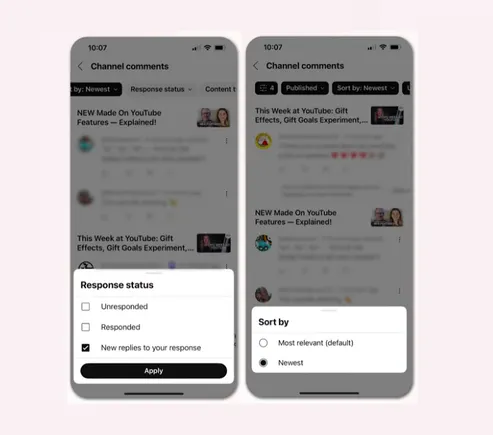House Speaker Mike Johnson predicts 'bipartisan agreement' to fund government, avoid shutdown
House Speaker Mike Johnson said he expects to win bipartisan backing Tuesday for his "laddered" continuing resolution to fund the government.


WASHINGTON — House Speaker Mike Johnson said he expects to win bipartisan backing Tuesday for his "laddered" continuing resolution to fund the government, potentially giving the Senate enough time to pass the bill after the House and avoid a government shutdown set to begin late Friday night.
"In about an hour, I'll go in with all the House Republicans, and [Minority Leader Rep.] Hakeem Jeffries will go meet with all the Democrats, and we'll figure out the final numbers," Johnson told CNBC's "Squawk Box."
Johnson said he did not yet know how much support he would receive from within his own party. Early Tuesday morning, the hardline conservative House Freedom Caucus, around 45 Republicans, issued a statement opposing the Johnson backed CR.
The laddered plan funds some federal agencies until mid-January and others through early February. But it does not contain any of the steep spending cuts that groups like the Freedom Caucus have demanded.
In order to pass the CR under a procedural process known as a suspension of the rules, Johnson will need two-thirds of the House, and likely more than 100 Democrats, to vote for it. Several House Democrats who were formerly opposed to the measure said Monday that they were open to supporting it.
A vote on the continuing resolution is expected around 4:30 p.m. ET on Tuesday.
In the Senate, Majority Leader Chuck Schumer and Minority Leader Mitch McConnell also both telegraphed support for the plan.
"For now, I am pleased that Speaker Johnson seems to be moving in our direction by advancing a CR that does not include the highly partisan cuts that Democrats have warned against," Schumer said on the Senate floor Monday.
President Joe Biden, likewise, signaled that he was open to the novel approach, which Johnson says is intended to give the House time to work through appropriations.
"I'm not going to make a judgment on what I'd veto and what I'd sign. Let's see what they come up with," Biden told reporters on Monday.
Correction: A previous version of this article misspelled the name of Democratic Leader Rep. Hakeem Jeffries.

 Troov
Troov 































